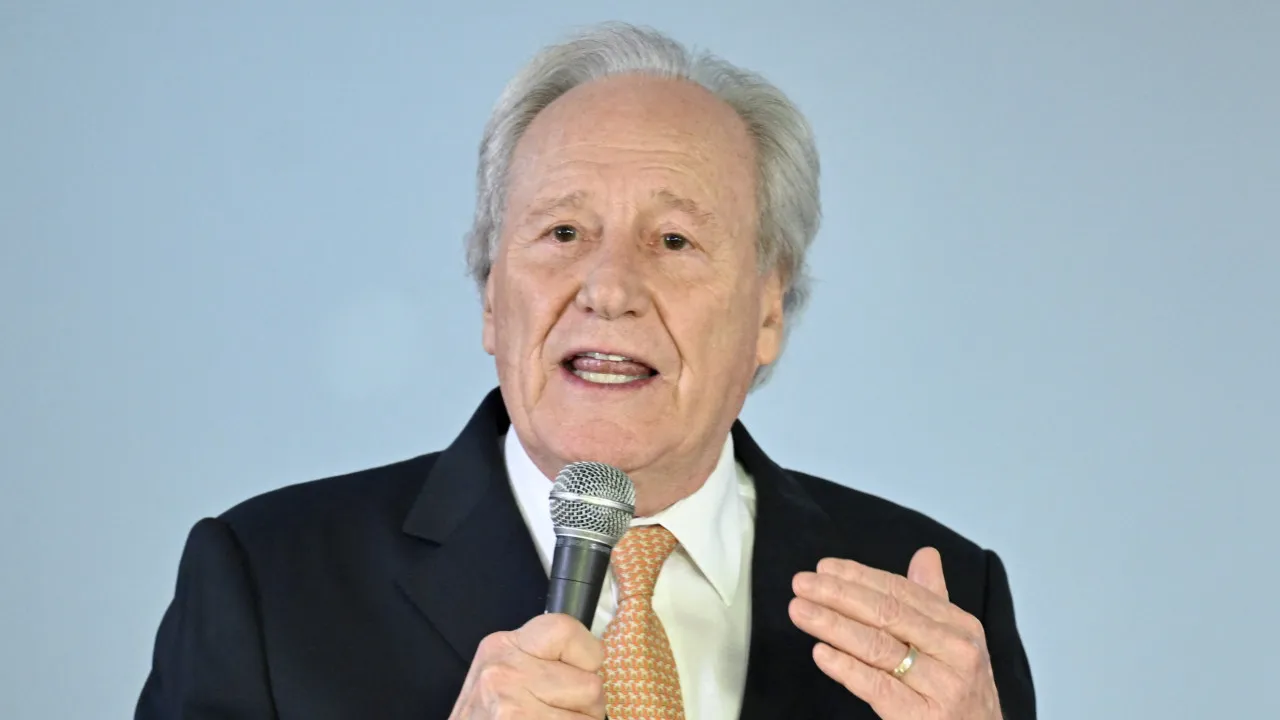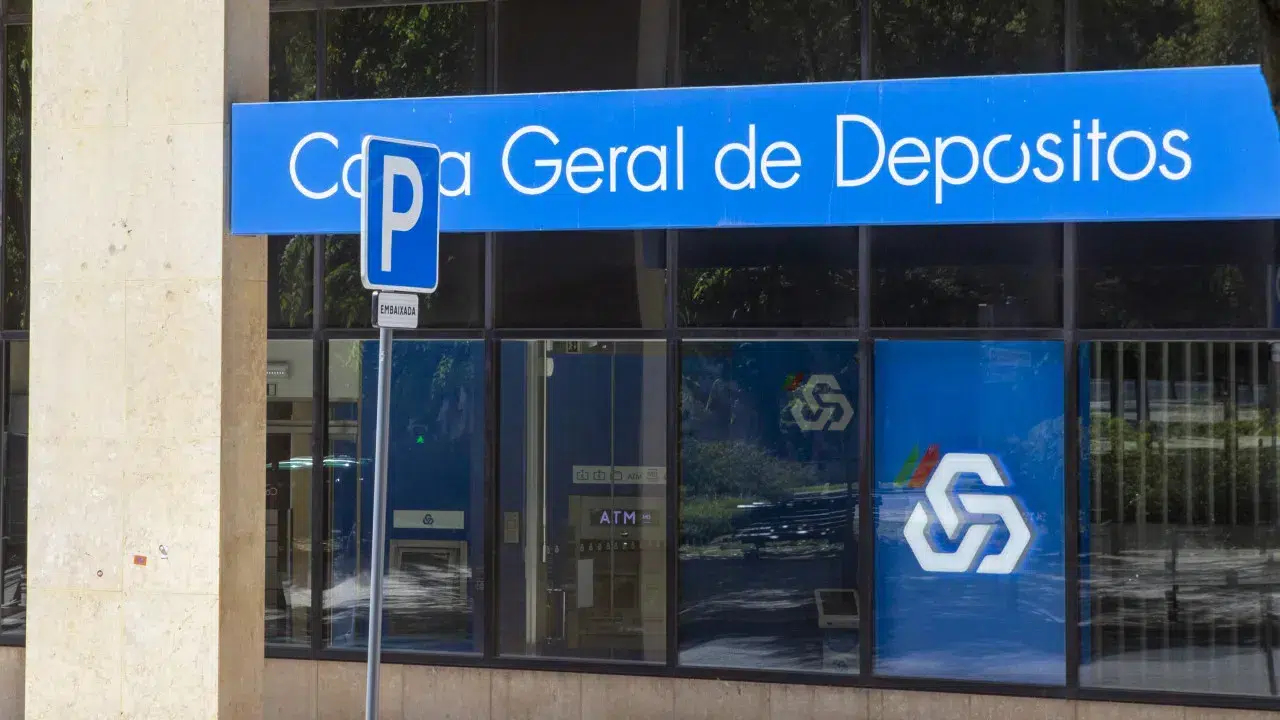
Commenting at 09:05 in Lisbon, the PSI index maintained its opening trend, dropping 2.04% to 6,306.92 points, with 14 stocks declining and one remaining steady (Ibersol at 8.54 euros).
On Tuesday, Galp announced plans to propose to its shareholders at the general assembly (AG) scheduled for today a reduction of up to 9% in the share capital through the cancellation of its own shares, as outlined in two market notifications.
In the notice and proposals to the AG, published by the Comissão do Mercado de Valores Mobiliários (CMVM), Galp indicated its intent to request shareholder approval for reducing the company’s share capital by up to 9% via the cancellation of its own shares, with this authority delegated to the Board of Directors for a period of 18 months.
Additionally, Galp intends to propose a dividend distribution of 0.62 euros per share, highlighting that it had distributed, as an advance on the 2024 fiscal year profits, 212,401,368.20 euros, equivalent to 0.28 euros per outstanding share.
Following the EDP Renováveis and Galp shares, Mota-Engil and CTT observed decreases of 2.29% to 3.08 euros and 2.19% to 6.71 euros, respectively.
Sonae and NOS shares both fell by 1.93% to 1.01 and 4.07 euros, as well as REN and Semapa, which dropped 1.85% to 2.65 euros and 1.80% to 14.92 euros, respectively.
Similarly, EDP, Corticeira Amorim, and Jerónimo Martins saw decreases of 1.47% to 2.95 euros, 1.23% to 7.21 euros, and 1.15% to 19.69 euros, respectively.
The remaining stocks facing declines were Navigator, Altri, and BCP, decreasing by 0.88% to 3.14 euros, 0.84% to 5.92 euros, and 0.77% to 0.49 euros.
Key European stock exchanges opened today with downturns of around 3%, following the early morning implementation of the so-called “reciprocal tariffs” by the United States on its trading partners.
The “reciprocal tariffs” imposed by U.S. President Donald Trump stand at 104% for China and 20% for the European Union (EU), with additional tariffs up to 50% on over fifty countries.
The 20% tariff increase on EU products imported by the U.S. took effect today, impacting about 20% of the world’s largest consumer economy’s foreign trade, potentially affecting automobiles, machinery, and pharmaceuticals.
In Asia, Tokyo’s Nikkei index fell 3.93% today, amidst a volatile session influenced by concerns over the new U.S. tariff increase on China and the enactment of the “reciprocal tariffs,” while Seoul’s stock exchange closed 1.74% lower, and Taipei’s Taiex index declined by 5.79%.
Conversely, the benchmark indices of the Shanghai and Shenzhen stock exchanges closed higher, with increases of 1.31% and 1.22%, respectively.
Japan’s Finance Minister, Katsunobu Kato, stated today that the dollar-yen exchange rate would be a topic of discussion in the tariff negotiations with the United States.
Wall Street futures are currently indicating modest declines of 0.15% for the S&P 500, 0.19% for the Dow Jones Industrials, and 0.10% for the Nasdaq.
On Tuesday, Wall Street closed mixed.
The price of gold, considered a safe haven asset, was rising to $3,045.29 per ounce, compared to $2,986.06 on Tuesday and the current record high of $3,131.52 reached on April 2.
The Brent crude price for June delivery, the European benchmark, fell to $61.02, a low since September 24, 2021, from $61.82 on Tuesday. The West Texas Intermediate (WTI) crude price, a U.S. benchmark, also dropped, decreasing by 2.69% to $57.93.
The euro was advancing, trading at $1.1063 in the Frankfurt currency market, a high since September 30, 2024, up from $1.0930 on Tuesday.
Further reading:




